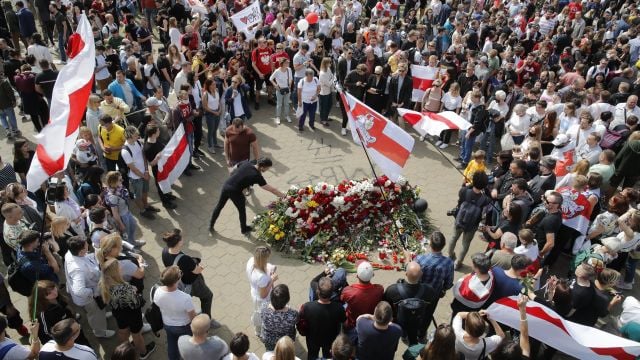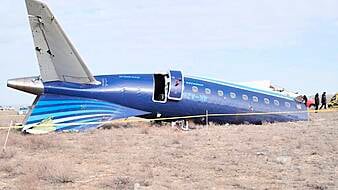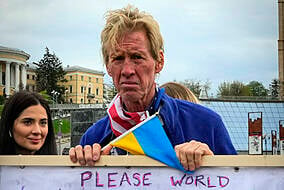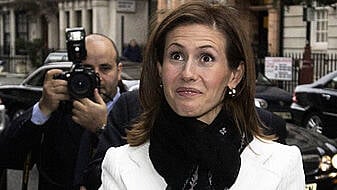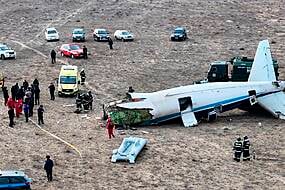Alexander Taraikovsky, 34, died on August 10 as police dispersed peaceful demonstrators contesting the results of the election a day earlier that gave authoritarian President Alexander Lukashenko a sixth term in office.
The crackdown with rubber bullets, stun grenades and clubs helped swell the protesters’ ranks and caused international outrage.
Authorities initially said Mr Taraikovsky was killed when an explosive device he intended to throw at police blew up in his hands, but Associated Press video showed he had no explosives when he fell to the ground, his shirt bloodied.
Elena German, his partner, said his body had a perforation in his chest that she believes is a bullet wound.
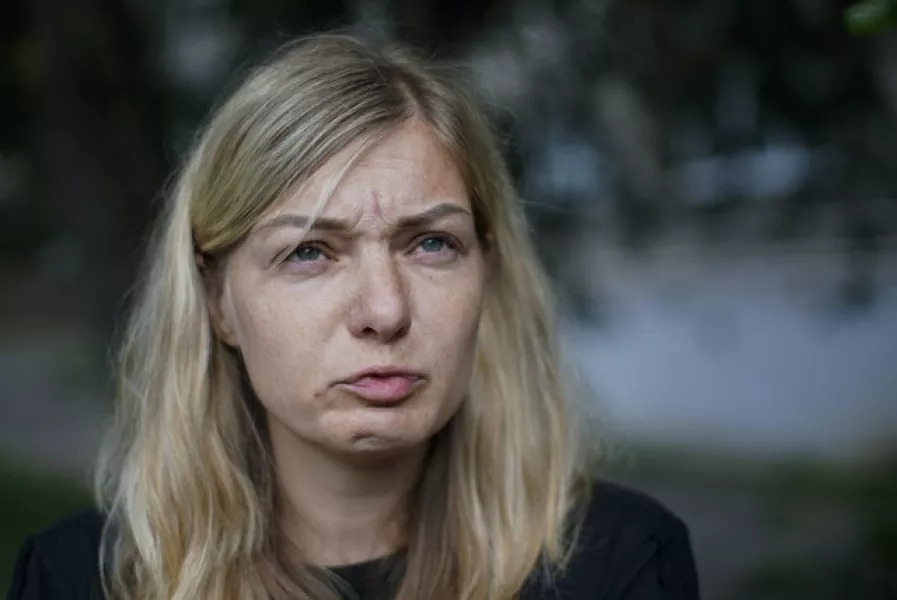
On Sunday, interior minister Yuri Karayev stepped back from the initial official version, acknowledging Mr Taraikovsky might have been killed by a rubber bullet.
Ms German described it as the cold-blooded murder of an unarmed protester.
“I don’t believe in the minister’s words, the authorities are lying and trying to avoid responsibility,” she said.
Ms German added that she saw no exit wound on Mr Taraikovsky’s back, indicating that the bullet was stuck inside. She added that she had implored a police investigator to show her the bullet, but he stonewalled the demand, raising her suspicion that Mr Taraikovsky might have been killed by live ammunition.
“Until I see the bullet, I have every reason to believe that it was live ammunition and that he was shot point-blank and killed,” she said.
“Sasha was killed with a shot to his chest at point-blank range,” she said, using her partner’s nickname. “He was a peaceful demonstrator and he had nothing in his hands. I demand an independent investigation into his killing. The government should bear responsibility for that.”
The place where Mr Taraikovsky died quickly turned into a pilgrimage site, with thousands of people, including European ambassadors, laying flowers there.
Hundreds of people went to his funeral on Saturday to pay their respects. As the coffin was carried out, many dropped to one knee, weeping and exclaiming “Long live Belarus!”
His death has galvanised public anger, helping swell the demonstrations that attracted an estimated 200,000 to the Belarusian capital’s central square on Sunday – the largest protest the country has ever seen.
